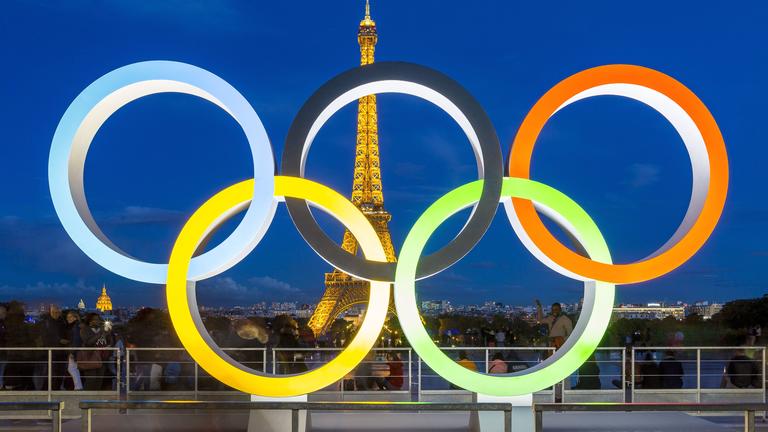The Olympic Games are always carrying sportive but also economical promises – for the 2024 Games in Paris, 150 000 jobs are expected to be created, and 30% of them in the realm of logistics (the rest in construction and tourism). Among those 45 000, one quarter will be dedicated to cleanliness, the half to raw materials and merchandises transport and the last quarter to passengers transport. It seems to be great news, but almost every time, the cost of this exceptional logistics operations are underestimated, and the financial balance of the event isn’t achieved.
If you are interested in more logistics issues, corruption or financial scandals you can read this article : http://fortune.com/2016/08/10/olympics-financial-disasters/
The transportation system is key, not only in the capital but also between all of the co-host cities. It is a opportunity for some cities to develop new transportation networks, more ecological and efficient, like in Beijing in 2008 for example, when $20 billions were invested for urban transportation – the air pollution decreased for a while, but mostly due to important and temporary restrictions for personal cars, coal and chemical plants.
The management of accomodations, food and staff is also more than complicated. At the peak of Athen’s 2004 games, 60,000 meals where produced every day by the athlete village kitchen, with daily shipments of 210,000 kilograms of raw ingredients—all served up on four million biodegradable plates for 18,000 athletes, coaches, and staff. In London, 70 000 voluteers worked for the organization of the games (more than 240 000 applications were received), and the same amont is expected to be recruited for Paris in 2024.
Because of those challenges, transportation, construction or hotel companies are often partners of the Games, and push the cities applications through an dynamic lobbyism (Bouygues, AccorHotels, Suez for Paris 2024 for example). Being partner of the Olympics is a great marketing operation – you can see below how UPS used it as a “green washing campain” for London 2012.
The logistics planning for Paris 2024 is for the first time aligned with the Paris Agreement of 2015. The objective is to reduce the carbon footprint by -55% compared to the previous games in London and Rio. We can only hope that this prevision is not overestimated and that a global event like this one can be organized in a responsible way.
